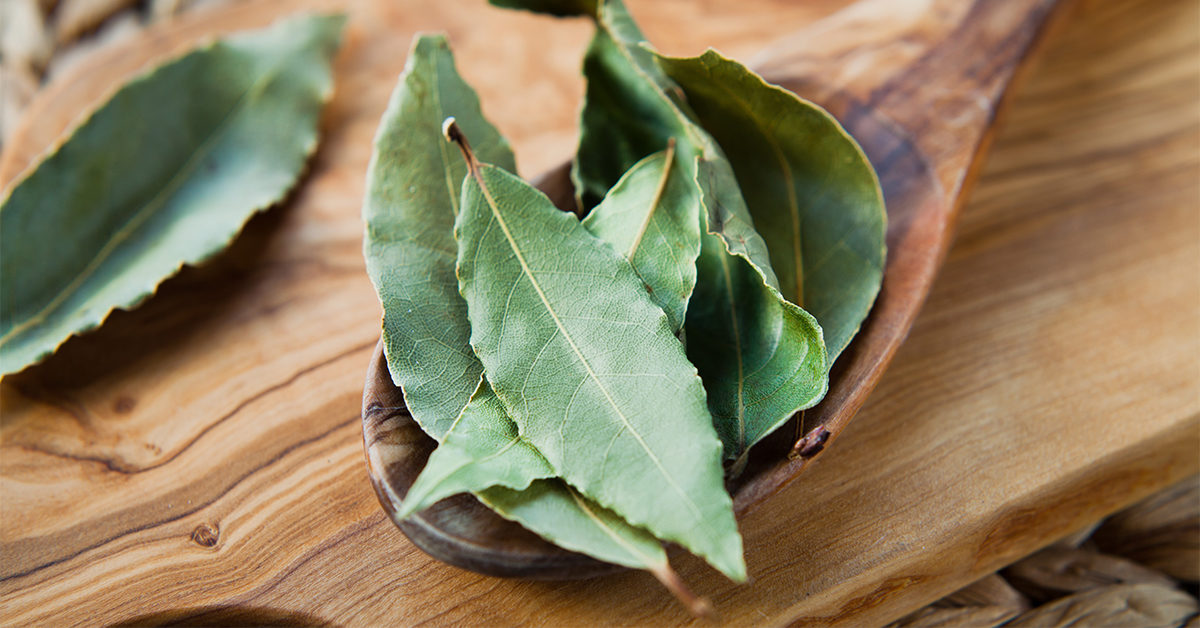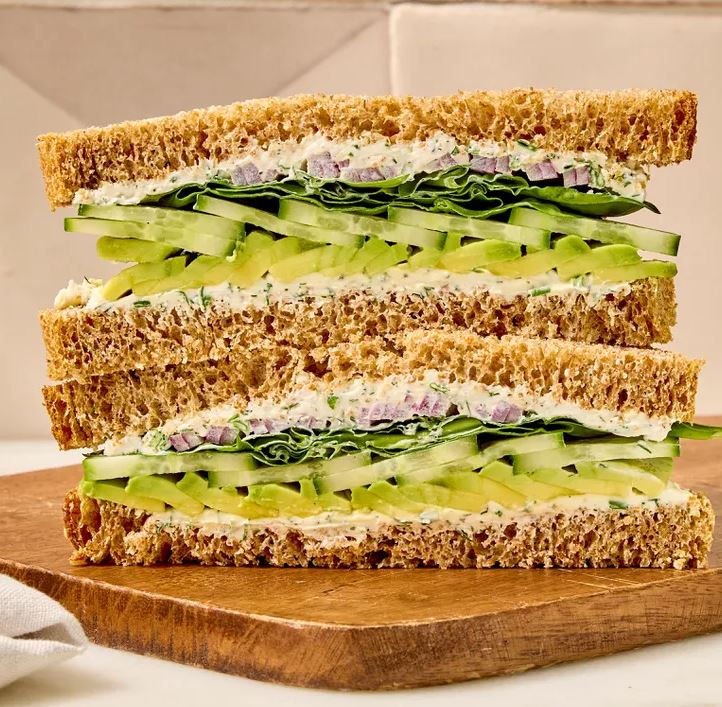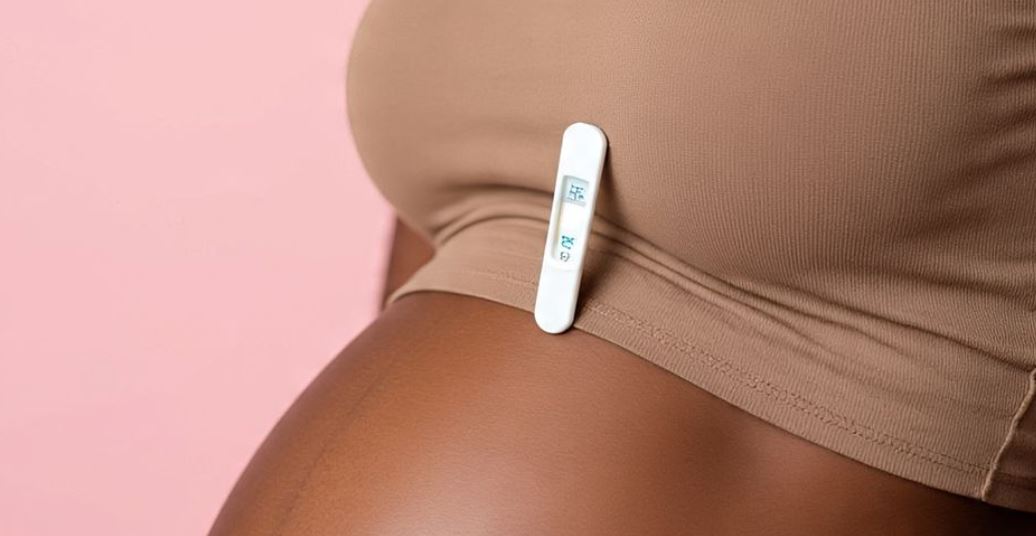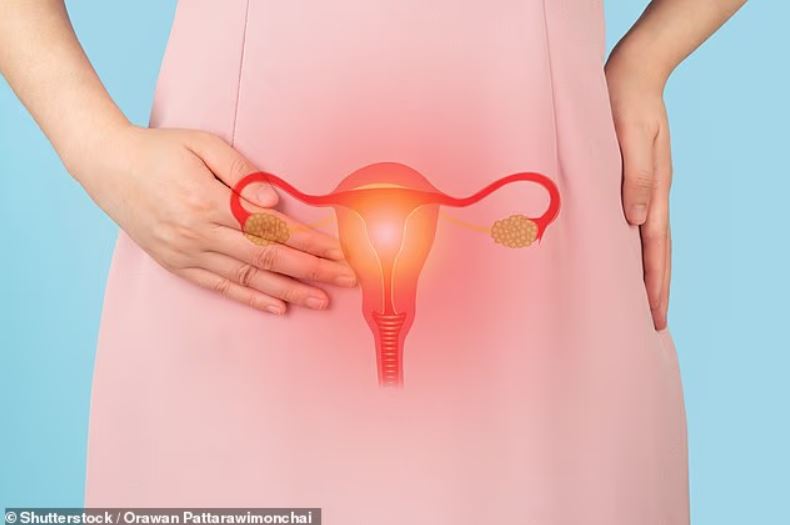Claims about the attributes of bay leaves have been popular on social media in recent months. One widely shared post touts the health benefits of bay leaves, an herb from the laurel tree.
Bay leaves, according to the post, help regulate bowel movements, lower blood sugar, eliminate bad cholesterol, insomnia and anxiety, treat digestive disorders, break up kidney stones and contain substances that prevent the formation of cancer cells.
The post also claims the leaves convert triglycerides – fats that are linked with elevated risks of heart disease and stroke – to monounsaturated fats, which are considered healthier and are found in foods like olive oil and avocados.
For confirmation, it advises readers to conduct their own experiment using chicken meat: “Cut the chicken in half and cook each half in a pan and place on one bay leaf, and the other without bay leaf and observe the amount of fat in both pans.”
One of the post’s conclusions: “If you have bay leaves, there is no need for a pharmacy.”
The page Eat, Drink and Be Marry posted the bay leaf advice in 2019. The post was recently viral; it has over 6,500 shares. And a Dec. 1 Facebook post of the same text has been shared more than 1,900 times. USA TODAY reached out to the latter Facebook user for comment. The page with the 2019 post offers no way of being contacted.
Research doesn’t back widespread claims
Most of the claimsabout bay leaves have some sort of antecedent in scientific research findings, though the claims generally go far beyond the researchers’ conclusions. For example, we found no scientific evidence that shows bay leaves convert triglycerides to monounsaturated fats in the cooking process. However, a study published by the Journal of Animal Physiology and Animal Nutrition in 2016 found that rabbits that consumed dried bay leaves in their food had reduced levels of triglycerides in their blood.
Bay leaves may aid in digestion, as indicated in some animal studies published online through the National Center for Biotechnology Information. The NCBI is part of the U.S. National Library of Medicine, a branch of the National Institutes of Health. But the specific claims made by the post – that bay leaves help eliminate “lumps, heartburn, acidity and constipation” – were not among the ailments cited in the research.
Bay leaves used in a hot tea, according to the post, help regulate bowel movements. Herbal teas have been linked with helping to relieve constipation, but we found no studies that specifically listed teas made with bay leaves. Similarly, the post also says that drinking a cup of water boiled with bay leaves two times a day breaks up kidney stones. A 2014 Iranian study republished by the NCBI found extract from bay leaves shows evidence of reducing the amount of urease in the body, which is an enzyme linked with kidney stones. But the research did not conclude that drinking water boiled with bay leaves could break up kidney stones.
According to the post, bay leaves help lower blood sugar and – when eaten or made into a tea and consumed for a month – boost the body’s production of insulin. Research published by the NCBI does link the leaves to improved glucose levels in people with diabetes. However, the NCBI also has published research that shows bay leaves can interfere with blood sugar control and may not be safe for people with diabetes.
Research published by the NCBI shows bay leaves contain antioxidants, as reported in the social media post. But the online post takes it a step further and also says that bay leaves contain substances that prevent the formation of cancer cells in the body. Some studies published by NCBI indicate that bay leaves can slow the growth of breast and colorectal cancer cells. However, an article published on popular health site WebMD, and reviewed by the site’s senior medical director, Atlanta internist Dr. Arefa Cassoobhoy, concludes that further studies are needed to understand how effective bay leaves are in helping cancer patients.
Lastly, the online post says bay leaf “eliminates insomnia and anxiety, if taken before bed, helps you relax and sleep peacefully.” That’s unproven from the research we reviewed, even though there is certainly lots of online advice about how to use bay leaf home remedies to treat insomnia.
Our ruling: Missing context
We rate these claims about bay leaves to be MISSING CONTEXT, based on our research. There are health benefits associated with bay leaves, but most of the claims in the online post are distorted, exaggerated or inaccurate. Bay leaves are not a replacement for a pharmacy.
























